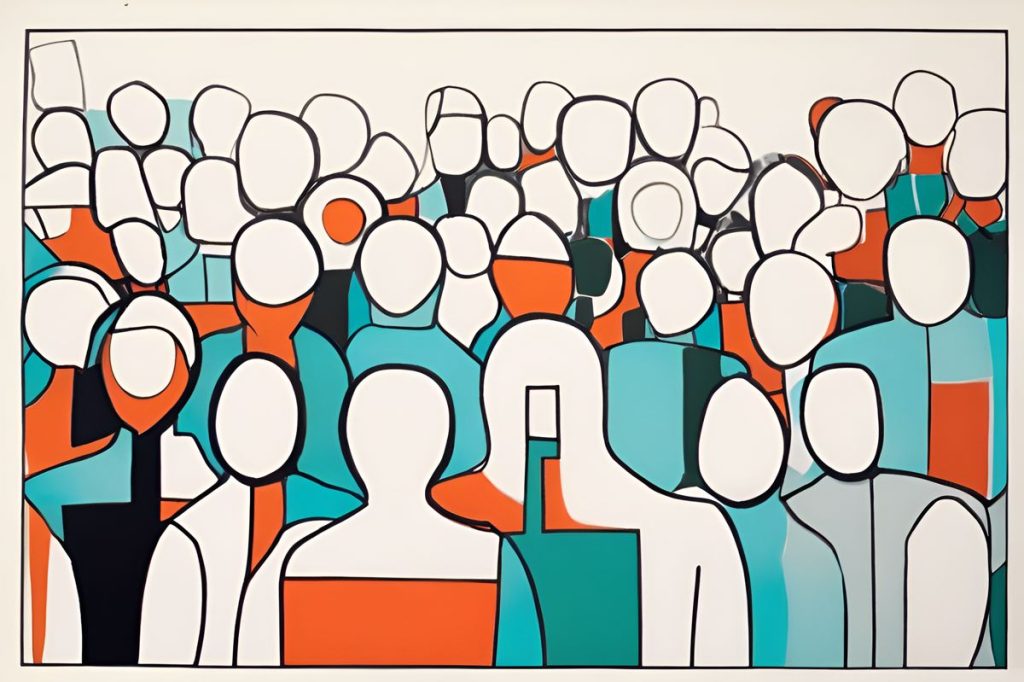In her innovative approach, UN personal envoy Maria Angela Holguin engages with a wide range of stakeholders in Cyprus, from political leaders to civil society, to break the deadlock and pave the way for sustainable peace. By prioritizing grassroots insights and pressuring decision-makers for bold action, Holguin aims to catalyze a transformative shift in the peace process, offering a glimmer of hope for a resolution in the long-standing conflict.
What new strategies is the UN personal envoy employing to enhance the peace process in Cyprus?
The UN personal envoy, Maria Angela Holguin, adopts a fresh approach in Cyprus by engaging with political leaders, civil society, and business circles to find resolution pathways. She prioritizes understanding the public sentiment through civil society and pressures leaders for decisive action, aiming to pave a path to sustainable peace.
A Fresh UN Approach
Maria Angela Holguin, as the personal envoy of the UN Secretary-General, has recently concluded her second trip to Cyprus, having engaged with a breadth of stakeholders. Her itinerary was comprehensive, including discussions with political leaders, business circles, and civil society members. Her objective is clear: to untangle the complexities of the stalemate and discover pathways to resolution.
Despite the cloak of confidentiality surrounding the content of these discussions, it’s apparent that Holguin’s strategy is to collate a diverse spectrum of insights. This method, while exhaustive, is not without precedent. UN envoys have often embarked on such fact-finding missions as a prelude to more substantive action. The uniqueness of Cyprus’ situation, however, demands a tailored approach that transcends past practices.
The Role of Civil Society
Holguin’s focus on civil society may raise eyebrows given the limited influence these groups typically wield. Nevertheless, their passion and commitment to peace cannot be disregarded. While it’s understood that high-level decisions must be made by political leaders, the pulse of the populace, often echoed by these groups, provides invaluable context to any diplomatic endeavor.
The envoy’s belief in civil society’s potential might stem from a recognition that sustainable peace requires broad-based support. Although their direct impact on negotiations might be limited, their role in shaping the environment in which peace can be nurtured shouldn’t be underestimated.
Leadership and Decision-Making
The crux of Cyprus’ peace conundrum indeed lies at the leadership level. It is here that the envoy can exert pressure and champion a shift in rhetoric and action. President Christodoulides, along with his counterpart on the Turkish Cypriot side, are the architects who can design a new chapter in this protracted narrative.
Should Holguin intend to expedite the peace process, her engagement must provoke serious contemplation among the leaders. They are the gatekeepers of change, tasked with steering public sentiment towards a compromise. Only through their decisive leadership can the path to peace be paved.
Next Steps
As the mission unfolds over the next few months, the envoy’s tactics will need to shift from consultation to action. Constructive talks that lead to a tangible strategy are imperative. Addressing key issues directly, such as the demand for sovereign equality, will test the mettle of all involved.
The envoy’s challenge is to orchestrate a convergence of wills that transcends the inertia that has long characterized the peace process. The watchful eyes of regional players and the international community remain hopeful for a blueprint that leads to a lasting resolution.
What is the role of civil society in the UN personal envoy’s approach to enhancing the peace process in Cyprus?
Civil society plays a crucial role in providing valuable insights and perspectives to the UN personal envoy, Maria Angela Holguin. While high-level decisions are ultimately made by political leaders, the sentiments and opinions of civil society members help shape the overall environment for peace negotiations. Their passion and commitment to peace are essential in garnering broad-based support for sustainable peace in Cyprus.
How does the UN personal envoy engage with political leaders in Cyprus to break the deadlock in the peace process?
The UN personal envoy, Maria Angela Holguin, engages with political leaders in Cyprus by pressuring them for bold action and decisive decision-making. By collating diverse insights from political leaders, business circles, and civil society, Holguin aims to catalyze a transformative shift in the peace process. Her objective is to encourage leaders to prioritize sustainable peace and work towards finding resolution pathways that can break the deadlock in the long-standing conflict.
What are the key challenges faced by the UN personal envoy in her efforts to enhance the peace process in Cyprus?
One of the key challenges faced by the UN personal envoy, Maria Angela Holguin, is the need to navigate the complexities of the peace process in Cyprus. The longstanding conflict, entrenched positions, and divergent interests of the parties involved pose significant obstacles to progress. Additionally, the envoy must work towards building consensus among stakeholders and encouraging decisive leadership from political leaders to pave the way for sustainable peace.
What can be expected as the next steps in the UN personal envoy’s mission to enhance the peace process in Cyprus?
As the mission progresses, the UN personal envoy’s tactics are likely to shift from consultation to action. Constructive talks that lead to a tangible strategy will be essential in addressing key issues such as sovereign equality. The envoy’s challenge will be to orchestrate a convergence of wills among stakeholders to overcome the inertia that has long characterized the peace process. The international community and regional players will be watching closely for progress towards a lasting resolution in Cyprus.

